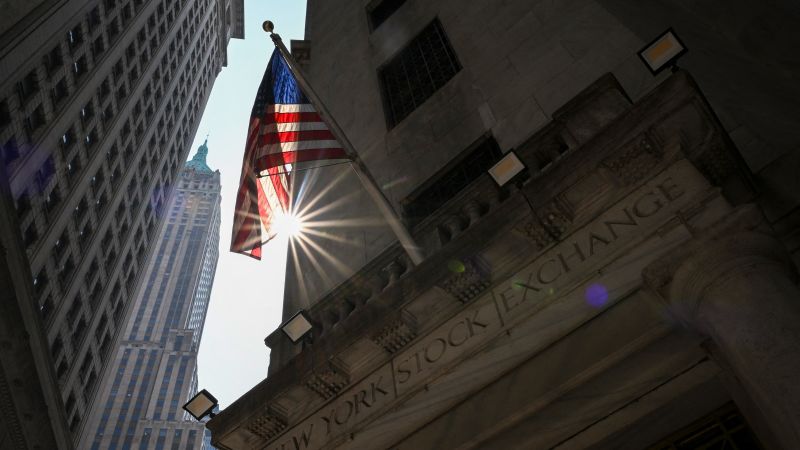
UPDATE: Tesla’s stock has surged an astonishing 75% over the past year, reaching new heights near its record high and solidifying its position as the world’s most valuable car company with a market cap of $1.5 trillion. This dramatic rise comes as the company pivots from traditional automotive production towards ambitious ventures in artificial intelligence and robotics.
Recent analysis from Bank of America reveals that Tesla’s core automotive business now accounts for only 12% of its total value. A staggering 45% is attributed to the anticipated robotaxi service, while 17% stems from its controversial “full self-driving” software, which has faced criticism for inconsistent performance and lack of consumer demand.
This significant shift raises urgent questions about Tesla’s future and the sustainability of its stock market gains. Analysts are increasingly skeptical, with some warning that much of the stock’s value is tied to products that are still in development, such as the long-awaited humanoid robots.
Despite these concerns, Tesla’s stock remains a favorite among investors. The company has effectively detached itself from its traditional business model, as CEO Elon Musk declares it is no longer just a car manufacturer. Instead, it is now an AI and robotics powerhouse, a claim that seems to resonate with investors looking for potential growth in emerging technologies.
The implications of this stock performance resonate beyond just Tesla. Skeptics of this market dynamic, including those who have voiced their concerns over crypto’s volatility, face a similar dilemma. Bitcoin has skyrocketed nearly 700% over the past five years, despite dramatic fluctuations. The S&P 500, in contrast, has only gained 110% in the same timeframe, showcasing a stark difference in investor sentiment.
Notably, even long-term critics like Jamie Dimon of JPMorgan Chase have begun to acknowledge the legitimacy of blockchain technology, indicating a shift in perception that could influence broader market trends.
Steve Sosnick, chief strategist at Interactive Brokers, highlighted the current market mentality: “It stands to reason that over time, if investors bought every significant decline, then it would have worked out for them.” However, he cautioned that not everyone has unlimited funds for investment, and the time horizon can be a limiting factor.
As Tesla continues to gamble on unproven technologies, the question remains: How long can this upward trajectory last? Investors are advised to stay alert as market dynamics evolve. With the financial landscape shifting rapidly, what happens next could redefine the future for both Tesla and the broader market.
Stay tuned for real-time updates as this story develops.






